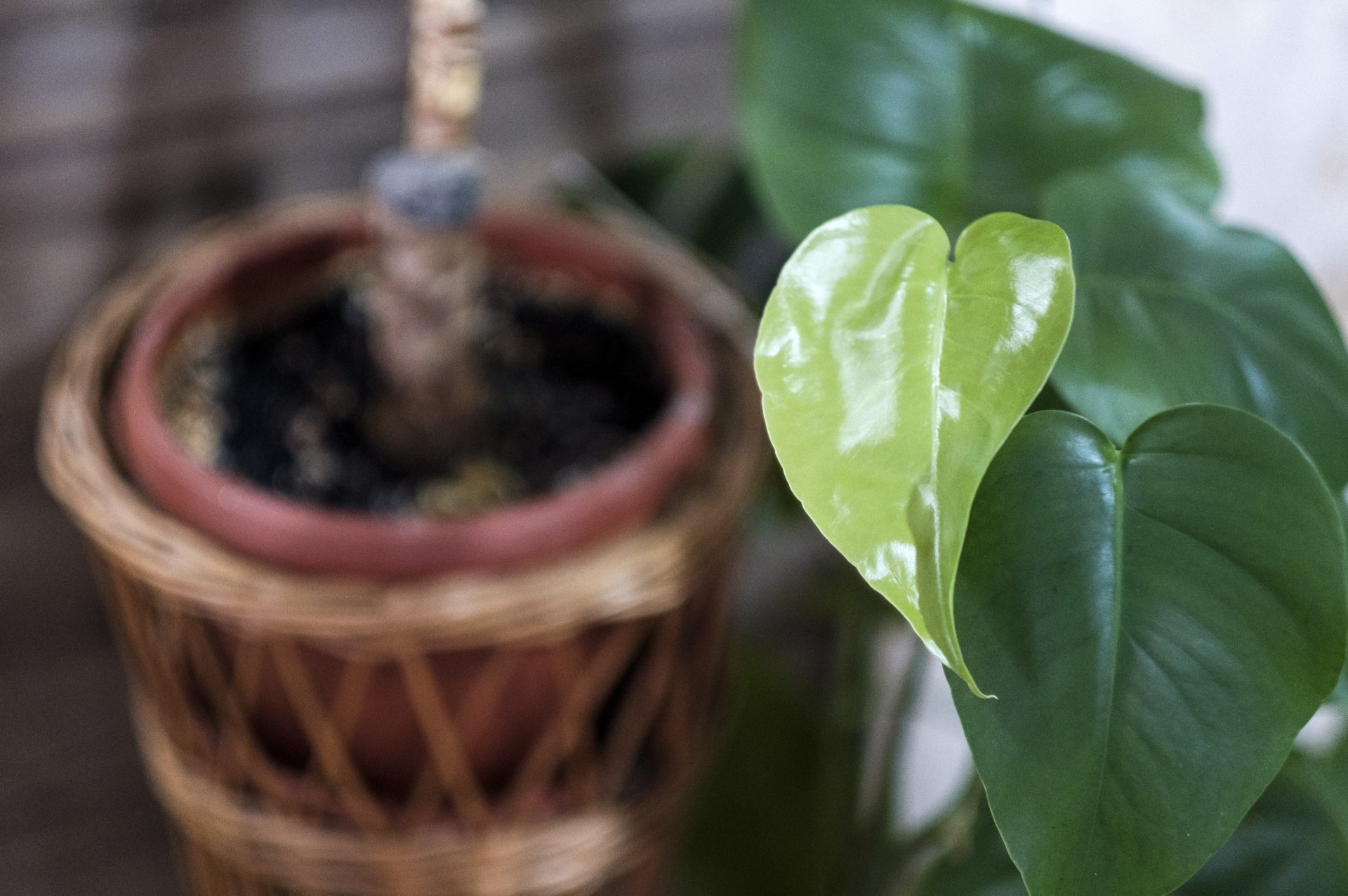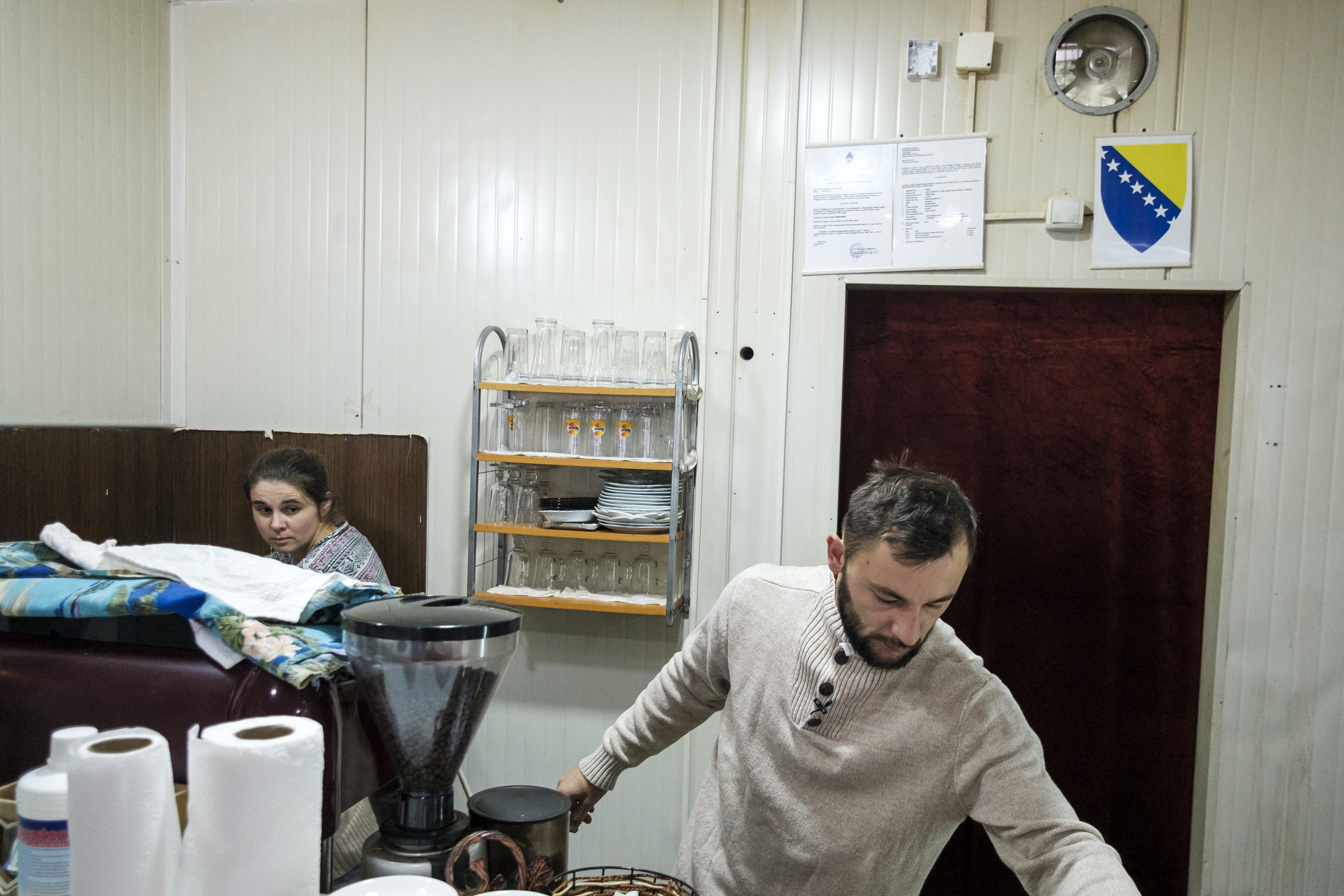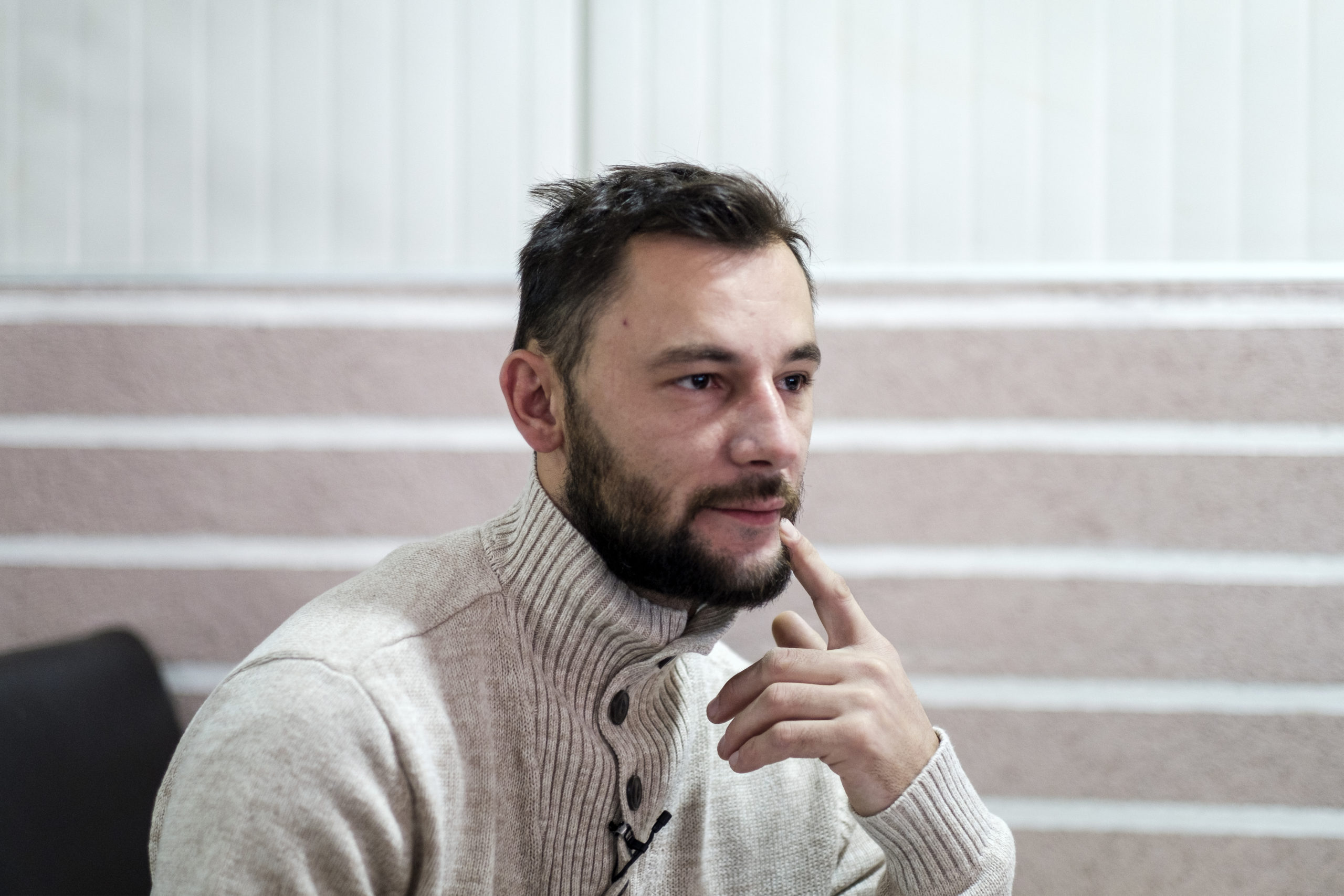
In Bosnia and Herzegovina (BiH), before the outbreak of war in 1992, mixed marriages were considered a reflection of the multiethnic communities in the former Yugoslavia and a mirror to the slogan of “brotherhood and unity”.
Today, in the countries created by the breakup of Yugoslavia, such as BiH, where Serbs, Bosniaks, Croats, and other communities live, mixed marriage is often seen as a taboo. This is especially true in small communities such as Srebrenica in Eastern Bosnia, which during the war in BiH was a major site of atrocities, further increasing ethnic tensions and mistrust between different communities.
In spite of this, Radomirka and Hariz Alić found each other. Their marriage symbolizes a transcendence of constructed borders in post-conflict Bosnia and Herzegovina.
Hostile Reactions
Radomirka is from Teslić (Central-Northern Bosnia) and Hariz is from Srebrenica. They met at the local Youth Center in 2013.
“I came to Srebrenica. We both worked in the NGO sector. Through one project, we got to know each other better and started spending time together,” says Radomirka.
Shortly after, they fell in love, despite opposition from their families because they come from different ethnic groups. They crowned their love with marriage. They live and work in Srebrenica and identify as a Serbian woman and a Bosniak man, while respecting each other’s religious beliefs. They have two children, work together, and say they make each other’s everyday life more beautiful.
Speaking about what initially attracted her to Hariz, Radomirka says she simply “liked him as a person, he is always willing to help.” She says she admires his resourcefulness the most, and the fact that he knows how to sell himself in business. Hariz laughs and insists this is not the case.
“It is definitely a mixed marriage, she is a woman and I am a man. I am not the type of person who will pay attention to what someone will say or not. If we had looked at that, we wouldn’t have gotten married. We were aware that there would be some problems, but we tried to make it an acceptable problem, one we could deal with,” says Hariz. He adds that, after a while, both sets of parents accepted their marriage.
In the first few years of marriage, they were confronted with “strange situations”. As an example, Hariz mentions how someone would knock on their door then run away. As time passed, these occurrences subsided.

Raising Children
Identifying as a Bosniak man and a Serbian woman, they’ve seamlessly navigated their differing cultural backgrounds and religious traditions. Celebrating each other’s holidays has been a natural part of their relationship, fostering mutual respect and understanding. Hariz, reflecting on their harmonious approach, emphasizes the importance of enabling each other to observe their traditions without contention. As they raise their two daughters, he plans to instil in them an appreciation for the diversity of religious beliefs, ensuring they grow up understanding and respecting each other’s heritage.
“We celebrate everything, and our children are growing up that way. The holidays celebrated by my husband are spent with his parents; the holidays celebrated by my family are spent with my family. The children spend part of the year in Srebrenica, and part of it with my family, in Teslić. They live a normal life,” adds Radomirka.
From birth, they’ve established the religious and ethnic identity of their children, with the understanding that they can then choose how to identify for themselves as adults. Hariz recalls they “inquired about everything” to avoid potential conflicts. They unanimously agreed that their children would be Bosniak and Muslim. As Hariz asserts, “it’s important for children to have that defined because you can’t be undefined in societal terms.”
His wife also believes that everything in society is determined by identity.
“We can talk about how it’s not important, but it’s very important, we shouldn’t lie to ourselves. Here, you’re actually an obstacle and a danger to the system if you don’t belong to anything,” says Radomirka.
They are of the opinion that the media, politicians, and religious leaders do not promote the values of unity and coexistence. “It’s just empty talk. When they need to say something like that before elections, they talk about how we are for tolerance, coexistence. What does that coexistence even mean?,” Hariz thinks.
When speaking about the value of living together with Radomirka, her husband emphasizes mutual respect, which, when children are born, extends to the children as well. “I think respect is the most important,” says Hariz. Radomirka adds: “Tolerance above all, endurance, helping each other, understanding, being there for each other, communication, having common views on life. In life, it’s always easiest to turn away and leave. We should stay and fight for some things.”
As for the reason why there are fewer multi-ethnic marriages in BiH today, the Alićs attribute it to the departure of young people of all ethnic identities from Bosnia and Herzegovina.

Mixed Marriages in Bosnia
According to the research data from the paper, “Ethnically Mixed Marriages in the Former Yugoslavia, 1970-2005” by Snježana Mrđen, the number of mixed marriages in the SFRY increased from 1950 to 1990. In 1950, there were 19,815 mixed marriages, representing 13.5 percent of the total marriages recorded, while by 1990, one in seven marriages was mixed.
As suggested by the 1981 census data, there were approximately 13% “mixed marriages” in the former Yugoslavia, with the highest numbers in Croatia, followed by Vojvodina and Bosnia and Herzegovina. In 1991, there were 2,893 mixed marriages in Bosnia and Herzegovina. However, in the first year after the war, this number dropped to just 713.
“Mixed Marriages in Bosnia and Herzegovina” by Neda Perišić (2021) presents the existing data of the Federal Bureau of Statistics. In 2006, out of 13,012 marriages, 608 were mixed; in 2007, out of 14,808 marriages, 731 were mixed; and in 2008, out of 14,808 marriages, 677 were mixed. When these data are viewed as percentages, it can be concluded that such marriages do not exceed 5% of the total number of marriages during the year.
According to the Federation of Bosnia and Herzegovina’s Bureau of Statistics, around 18,000 marriages were concluded in Bosnia and Herzegovina in 2019, of which 600 were nationally mixed. The Bureau of Statistics of the Republika Srpska entity states that around 5,000 marriages were concluded in the same year, of which 250 were mixed. According to a 2021 survey conducted by Radio Free Europe, out of a total of 13,525 marriages concluded in 2020, 553 were mixed.
The data on mixed marriages in Bosnia and Herzegovina reveals a complex and evolving social landscape. While the number of ethnically mixed marriages has decreased significantly since the breakup of Yugoslavia and the subsequent war, the persistence of such unions, like that of Radomirka and Hariz Alić, signifies a powerful counter-narrative to prevailing ethnic divisions. Couples like the Alićs embody hope for a future where unity and coexistence are possible.






